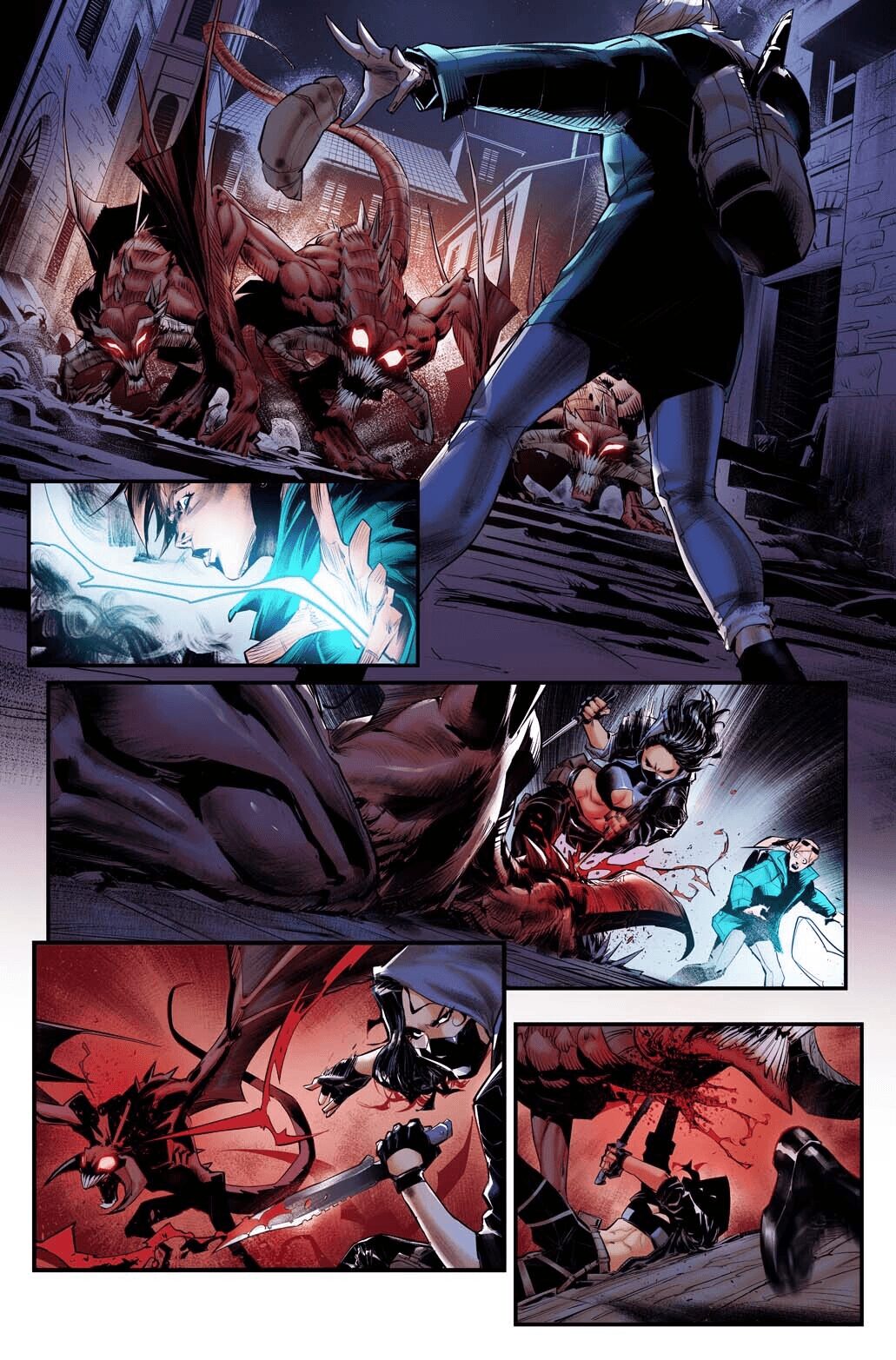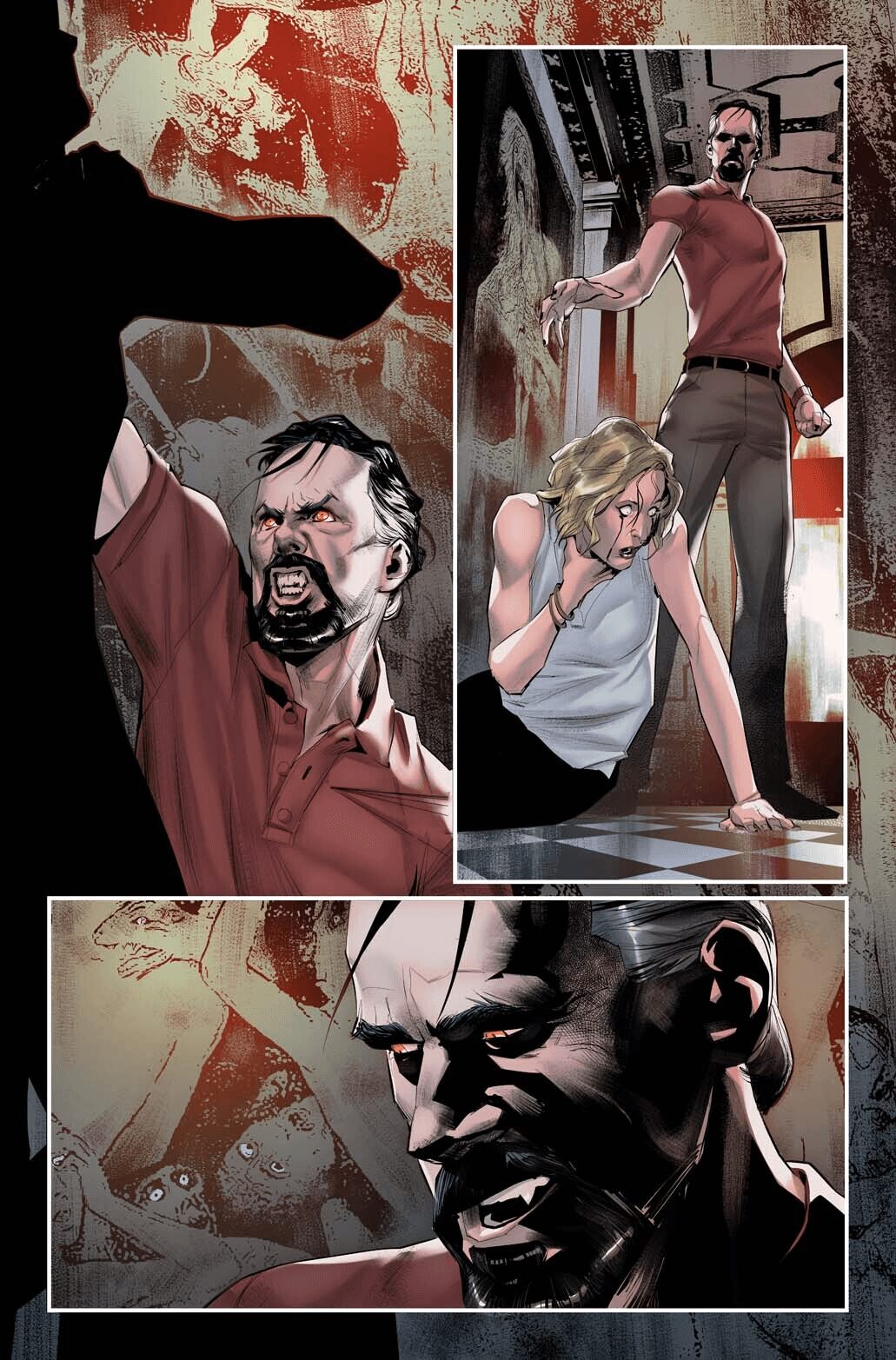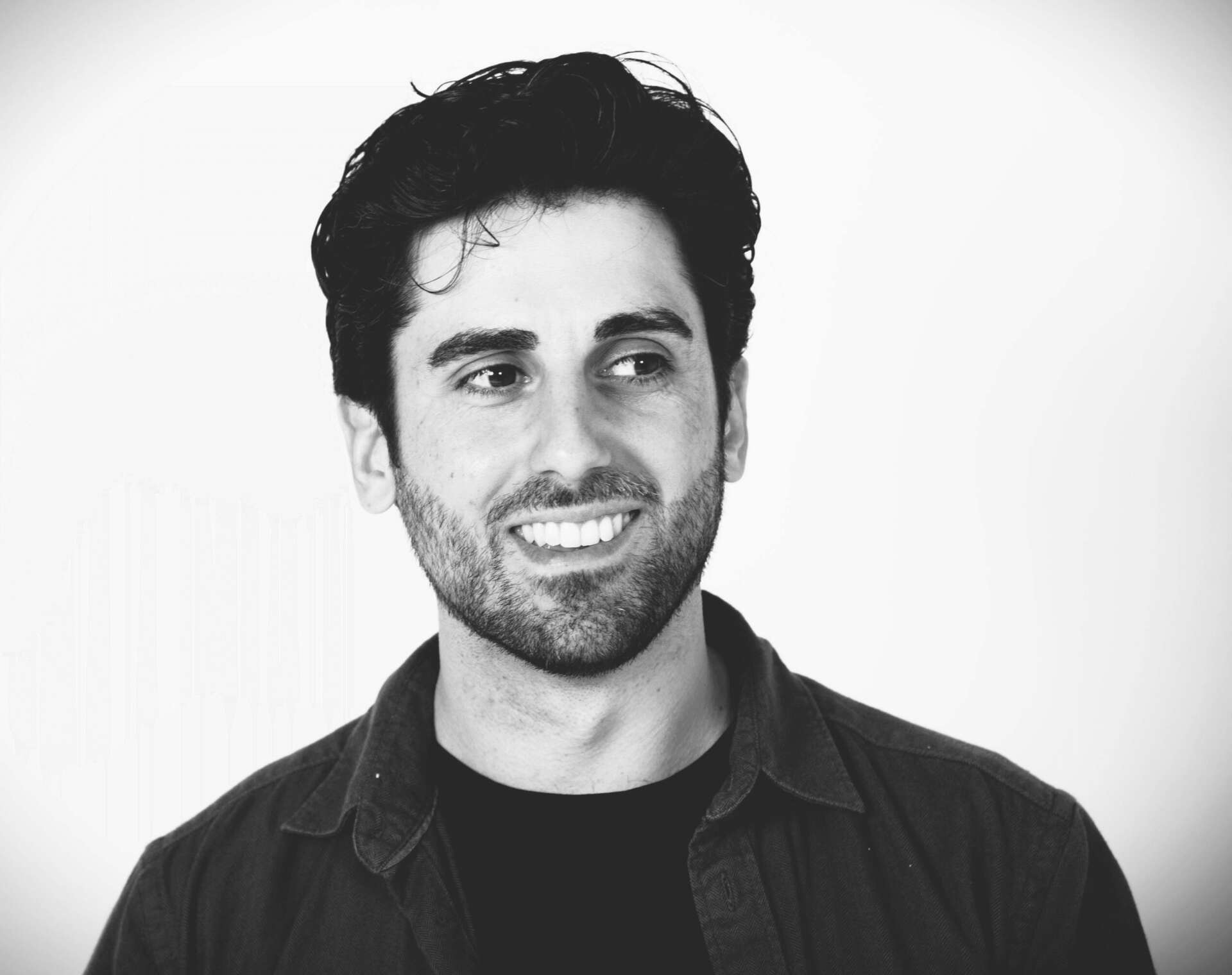We’re excited to introduce you to the always interesting and insightful Riccardo Cecchi. We hope you’ll enjoy our conversation with Riccardo below.
Hi Riccardo, thanks for joining us today. Do you think your parents have had a meaningful impact on you and your journey?
My parents had a significant impact on my life and career, albeit in an unexpected way.
Initially, they encouraged me to pursue a more conventional career path as an engineer, despite my aspirations to become a comic book artist. Reluctantly, I followed their advice and obtained a Master’s degree in computer engineering.
While pursuing my engineering degree, I couldn’t shake the feeling that I was sacrificing my dreams for a career that didn’t align with my passions.
The turning point came in 2016, amidst a doctoral program in a prominent Italian research center. Feeling disillusioned with my academic path and uncertain about my future, I found myself at a crossroads and started questioning my life path. Eventually I acknowledged my true calling: to become a comic artist.
In a few weeks I quit my PhD and relocated to a new city in northern Italy with my future wife. Since I still needed money to live, I found a job as a computer engineer in an AI startup. I also enrolled at the renowned School of Comics in nearby Reggio Emilia.
Balancing my studies with a demanding job proved to be one of the greatest challenge of my life. However, my disciplined approach and willingness to make sacrifices helped me persevere, despite moments of doubt and a few burnout. The unwavering support of my wife and my dedication to pursuing my passion kept me focused on my goals.
Finally, in 2020, right before the onset of the COVID-19 pandemic, I found the courage to quit my job and embarked on my journey as a full-time creative professional.
Though I lost valuable years pursuing a career that wasn’t my true calling, the lessons learned during that time, including the importance of perseverance and the rewards of hard work, proved invaluable.
Moreover, the financial stability gained from my engineering career provided the resources necessary to pursue my next career path. It allowed me to invest in further education and training, ultimately enabling me to transition into the creative field of comic making.
In hindsight, while my parents’ initial push towards engineering may have diverged from my true passion, it equipped me with valuable skills and experiences that ultimately paved the way for me to pursue my dream. Their support, albeit in an unconventional way, played a crucial role in my journey.
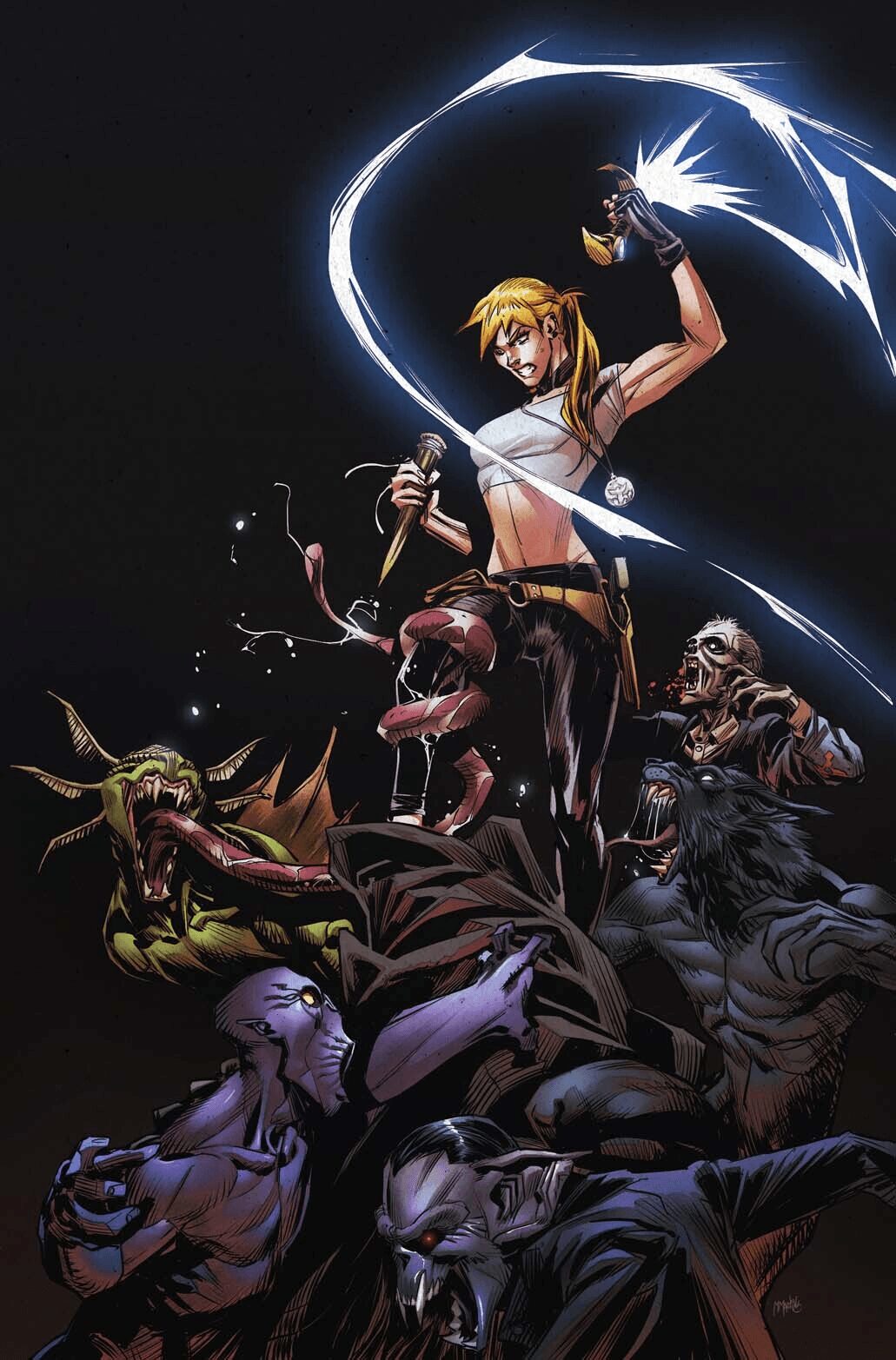
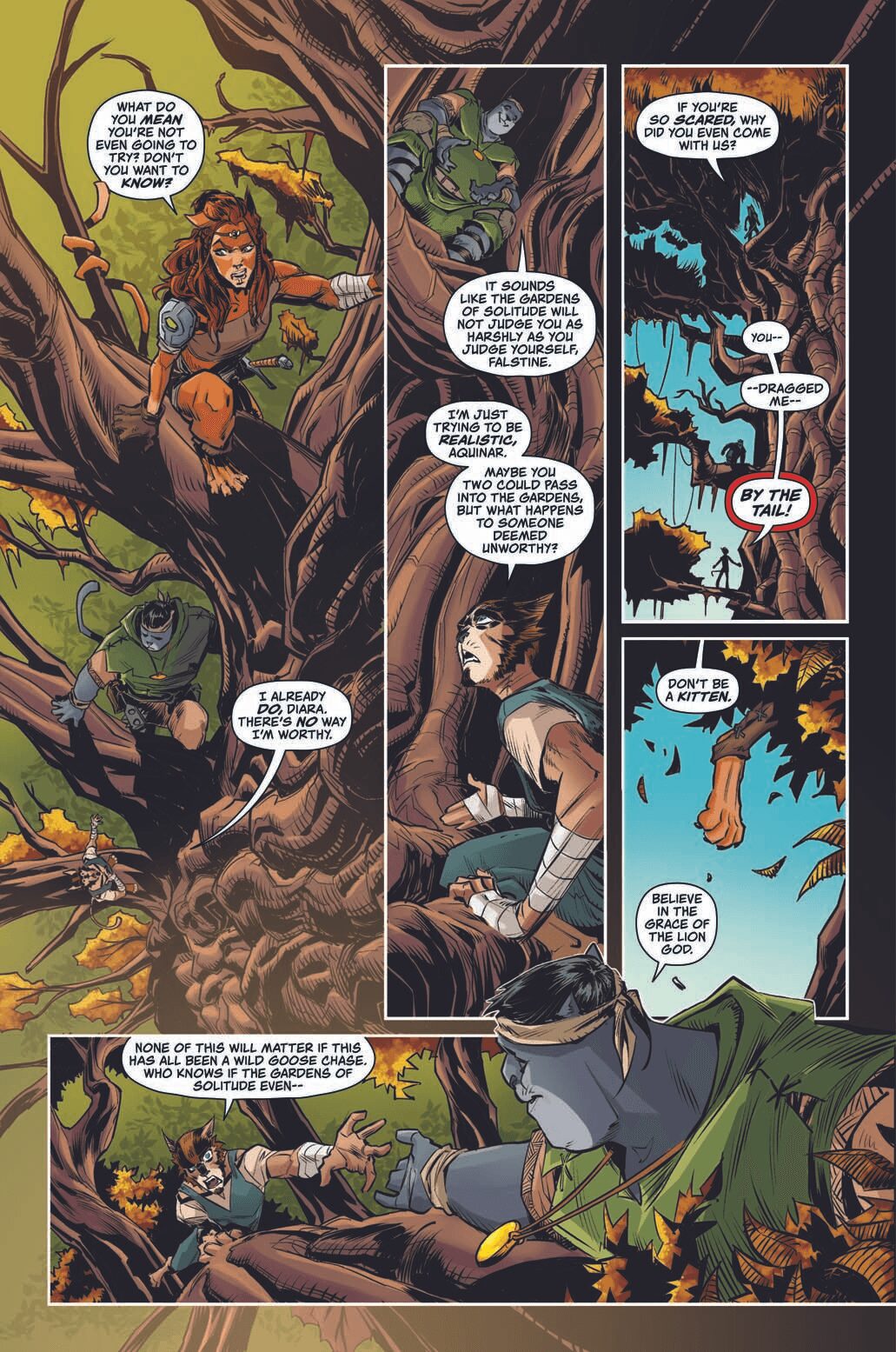
Riccardo, love having you share your insights with us. Before we ask you more questions, maybe you can take a moment to introduce yourself to our readers who might have missed our earlier conversations?
I am an Italian comic book and storyboard artist.
I’ve been drawing comics since childhood, and in 2020 I decided to quit my job as a computer engineer and turn my passion into a career.
In 2022 I won the 5th annual “Mad Cave Talent Search” in the “artist” category. My first graphic novel in Italian was “La Fine del Mondo secondo Maria”, published by Green Moon Comics in 2024. I’m currently the main artist for three indie mini-series for the US market: “Ctrl+Z”, “Proctor” and “Scarlet Ranger”.
I also work as a storyboard artist for ads and movies.
I have a professional degree from the Italian “Scuola Internazionale di Comics” (“International Comic Books school”) and an MSc in computer engineering.
—
I want my client to know that Reliability, Diligence and Integrity are at the core of everything I do. From meeting deadlines to communicating effectively, I pride myself on delivering top-notch work without overlooking the project constraints. When you work with me, you can trust that you’re partnering with someone who takes their craft seriously and approaches every project with the utmost dedication.
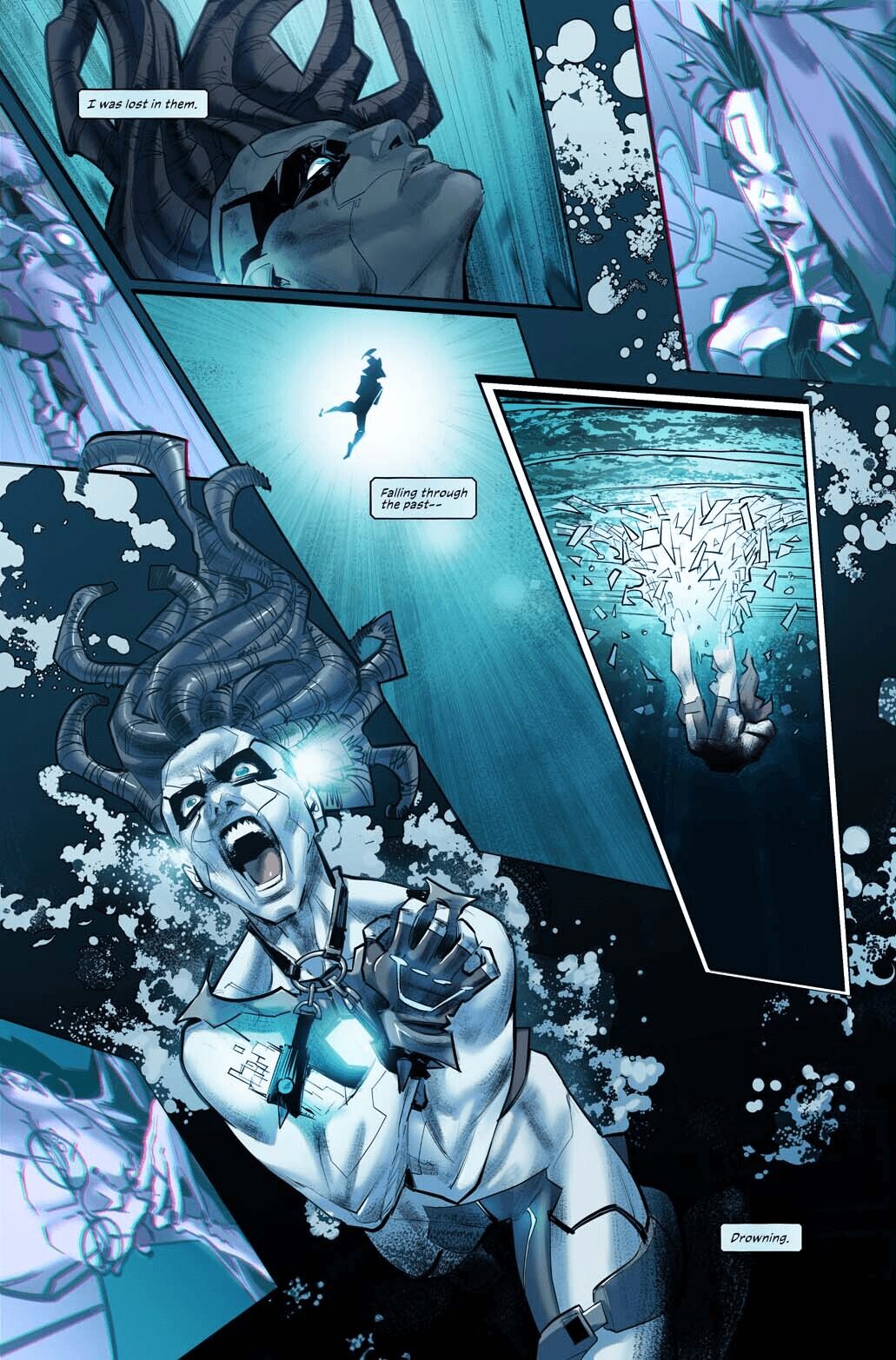
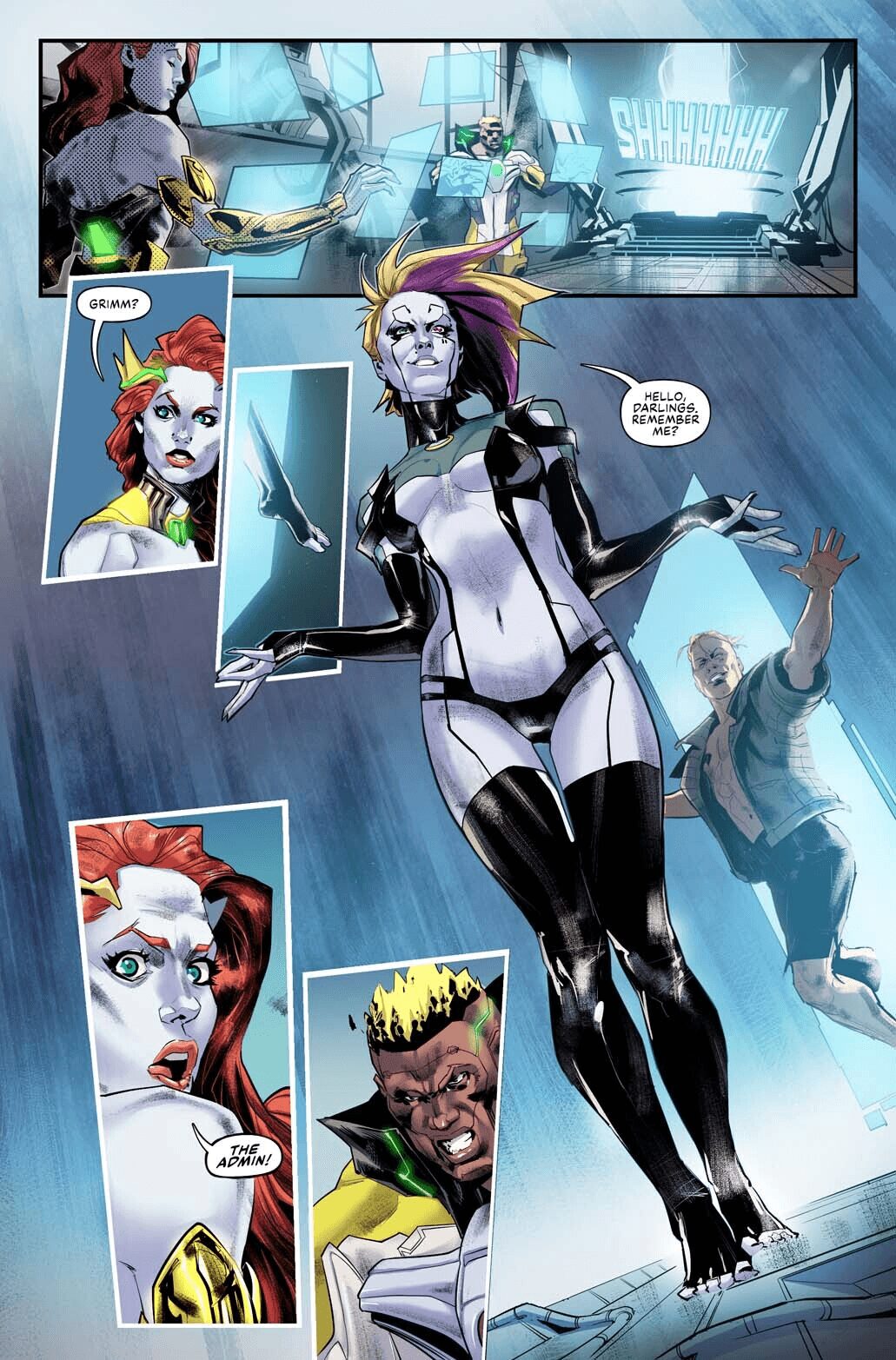
Is there something you think non-creatives will struggle to understand about your journey as a creative?
From the perspective of a comic book artist, I believe that one aspect of the creative journey that non-creatives may struggle to grasp is the constant balance between artistic vision and practicality.
This entails a myriad of tasks, including managing finances, marketing one’s work, dealing with rejection, and finding the sweet spot between artistic vision and commercial viability. It also involves negotiating contracts and navigating client feedback.
Most creatives are self-employed, which means that unlike traditional career paths with predictable income streams, their income fluctuates, depending on the sporadic nature of freelance jobs. For me, budgeting has been a crucial survival skill, especially at the beginning of my career. Careful planning has allowed me to weather lean periods and capitalize on opportunities when they arise.
In the realm of marketing, an artist must master their ability to effectively communicate their vision to potential patrons or clients.
Last but not least, the creative process itself often requires a pragmatic approach. Especially in the US comic book market, I believe one has to prioritize the creation of a “product” rather than romanticizing the craft.
Extending the creative work beyond mere inspiration and expression necessitates disciplined effort, but I’ve found that by adopting a realistic and pragmatic mindset while still maintaining a deep appreciation for the creative process, I can navigate my journey with resilience and purpose.
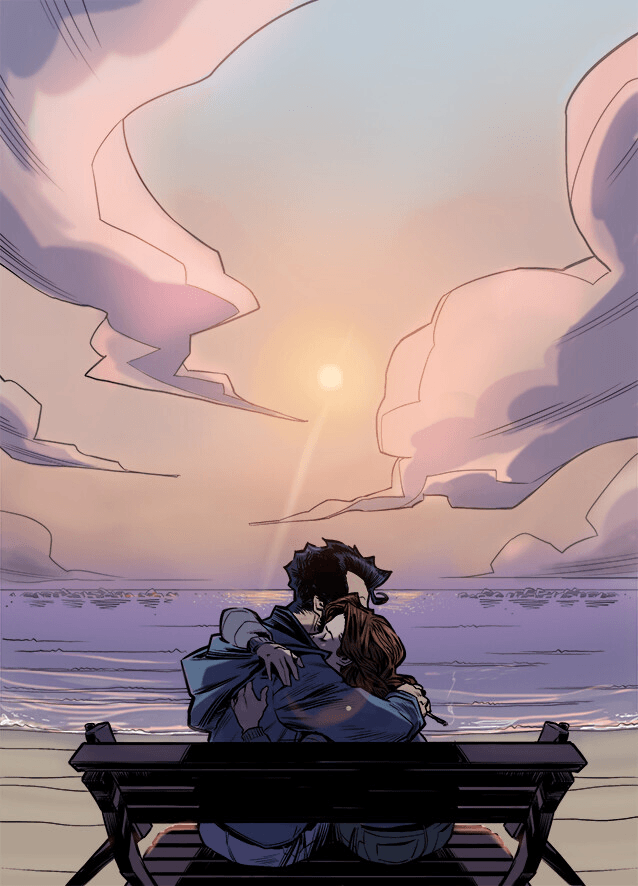
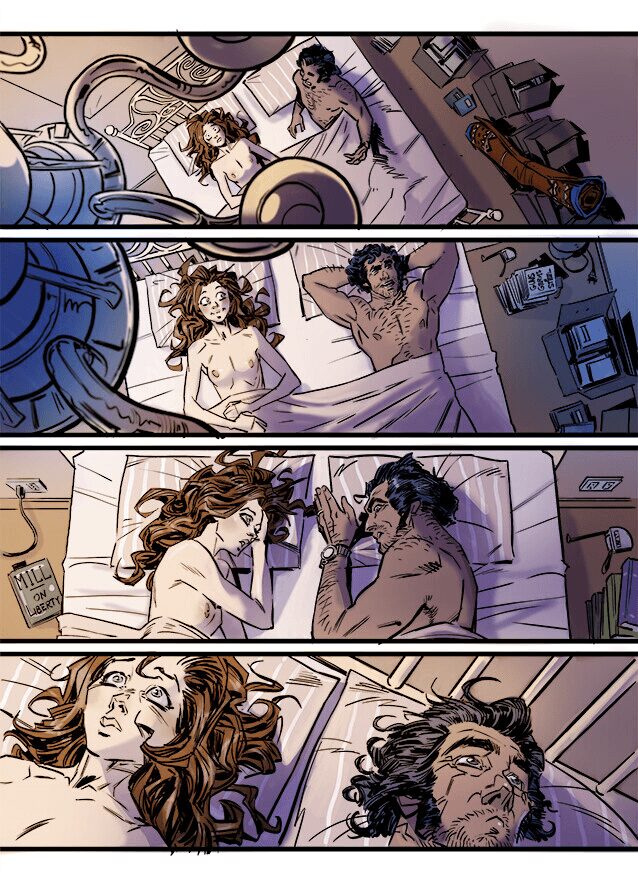
Are there any books, videos, essays or other resources that have significantly impacted your management and entrepreneurial thinking and philosophy?
There have been several books that have significantly influenced my management and creative thinking.
Firstly, ‘Deep Work’ by Cal Newport is full of insights on the importance of concentrated work and minimizing distractions and has been instrumental in shaping my approach to productivity and focus.
Steven Pressfield’s works, especially ‘The War of Art,’ have been transformative for me. His exploration of overcoming resistance and embracing the creative process inspired me to push through challenges with resilience.
Another impactful read for me has been ‘Getting Things Done’ by David Allen. Allen’s system for organizing tasks and maximizing productivity has been invaluable in streamlining my workflow and reducing overwhelm.
‘Atomic Habits’ by James Clear helped me understand the power of small habits in achieving long-term success.
Financial independence and minimalism have also been guiding principles for me, with ‘Your Money or Your Life’ by Joe Dominguez offering a thought-provoking perspective on money and life purpose. Additionally, ‘Digital Minimalism’ by Cal Newport has prompted me to reevaluate my relationship with technology and prioritize meaningful connections and experiences.
Stoic philosophy, particularly ‘A Guide to the Good Life’ by William B. Irvine and the writings of Marcus Aurelius, have taught me the importance of resilience, perspective, and embracing adversity as opportunities for growth.
On this topic, ‘The Happiness Hypothesis’ by Jonathan Haidt has provided valuable insights into the science of happiness and well-being.
Moreover, journaling has allowed me to reflect on my experiences, shedding a positive light on the highs and lows of my journey.
One piece of literature that has particularly resonated with me is the poem ‘Invictus’ by William Ernest Henley. The powerful verses of ‘Invictus,’ have served as a source of inspiration and motivation during challenging times in my creative journey. It has become a mantra for me, reinforcing the belief that no matter the circumstances, I have the power to shape my destiny and overcome any obstacle that stands in my way.
Contact Info:
- Website: https://www.riccardocecchi.com/
- Instagram: https://instagram.com/riccardo_cecchi_art
- Facebook: https://www.facebook.com/cecchicomics
- Linkedin: https://www.linkedin.com/in/riccardo-cecchi/
- Twitter: https://x.com/RiccardoCecch15
- Other: https://linktr.ee/cecchi_art
